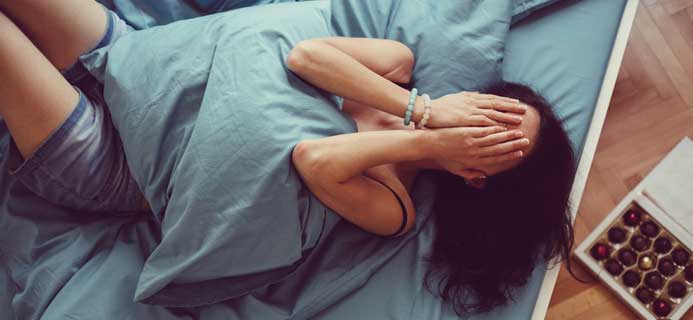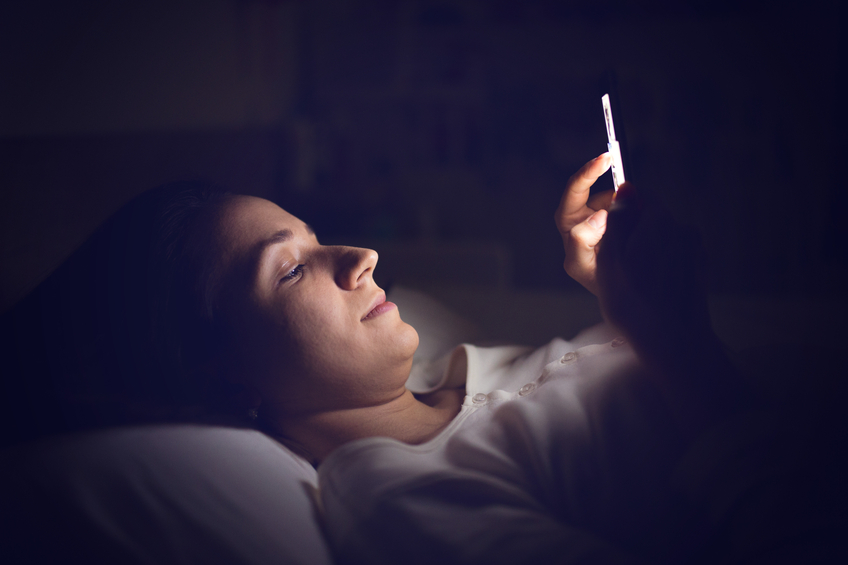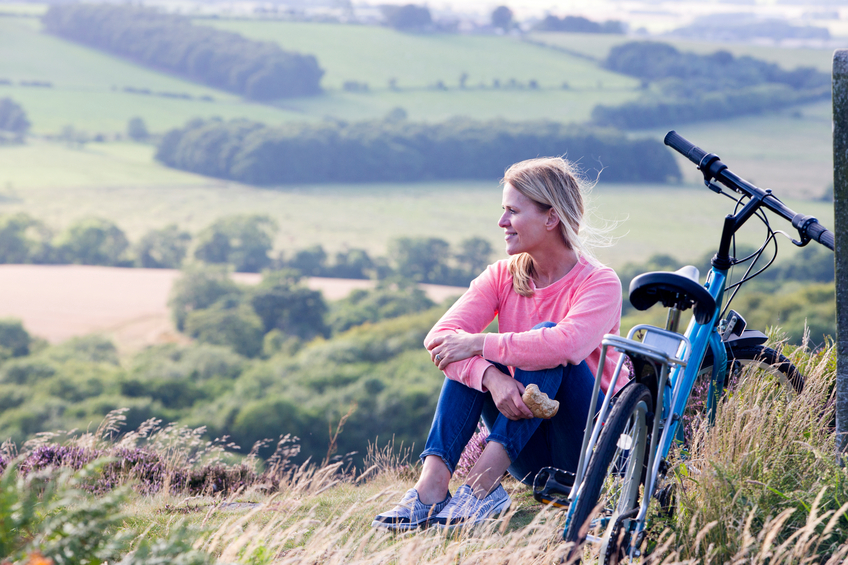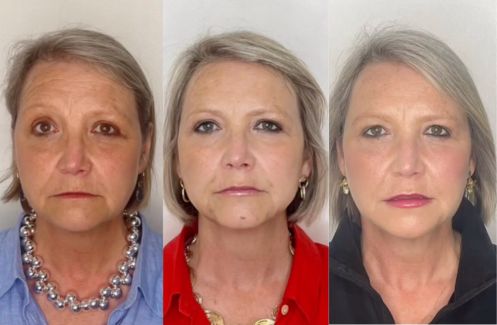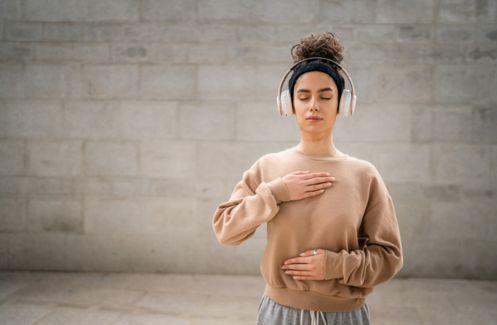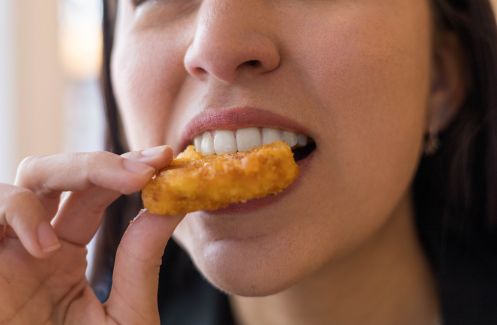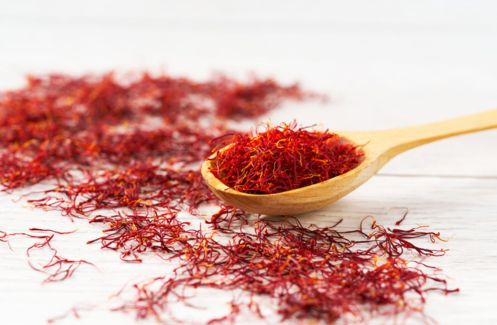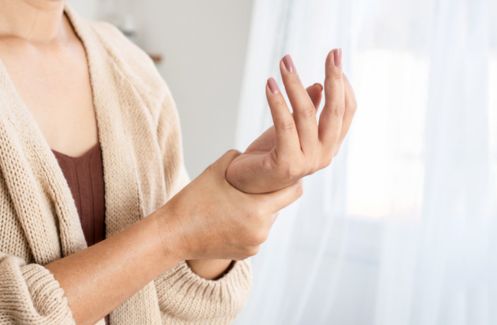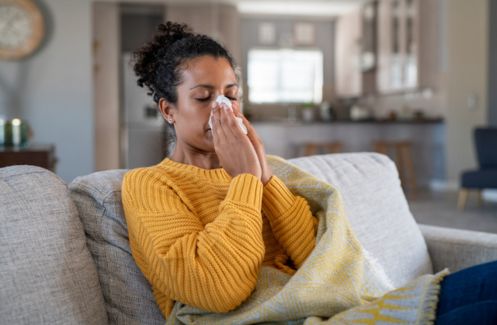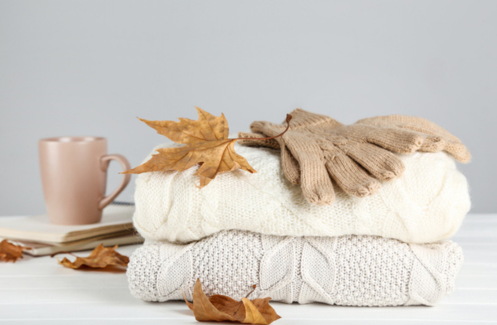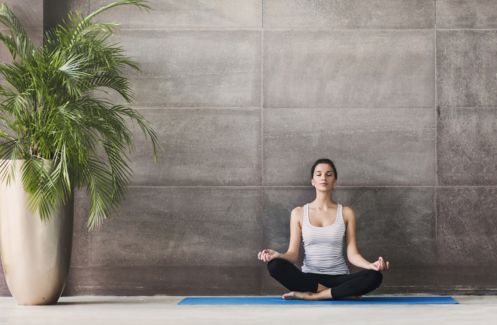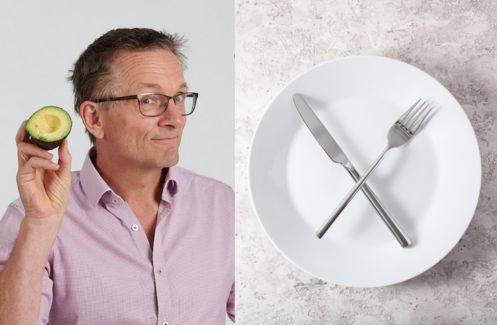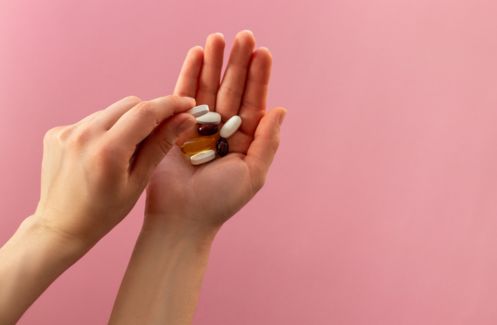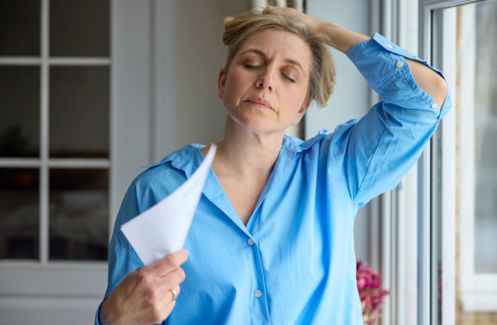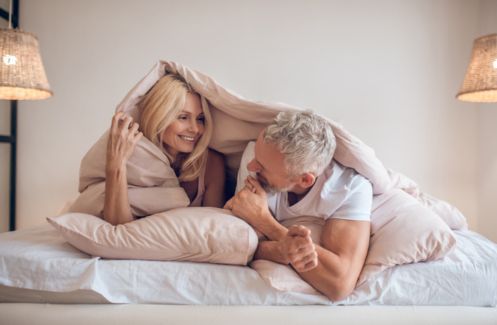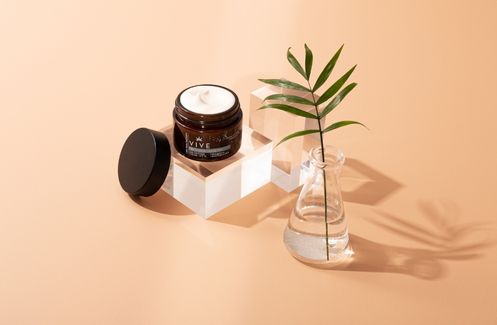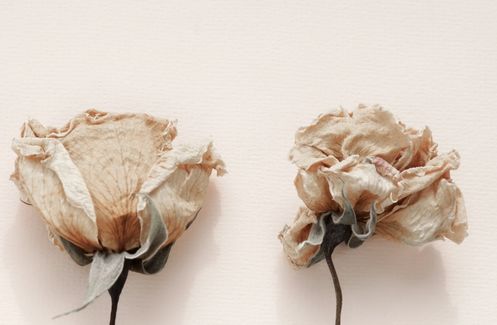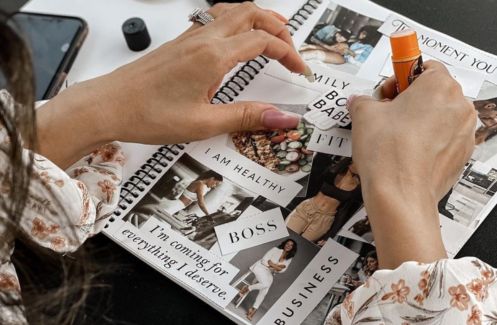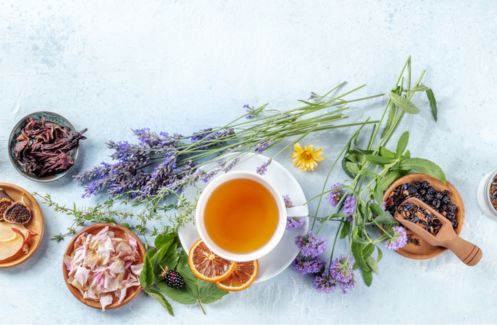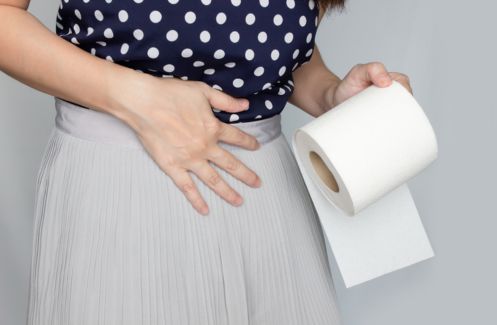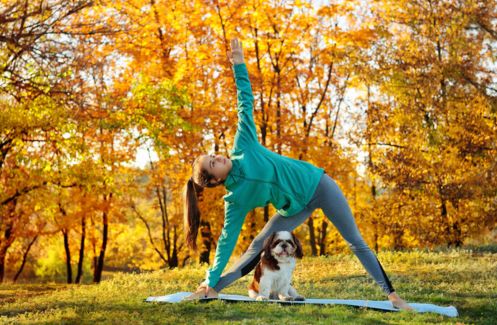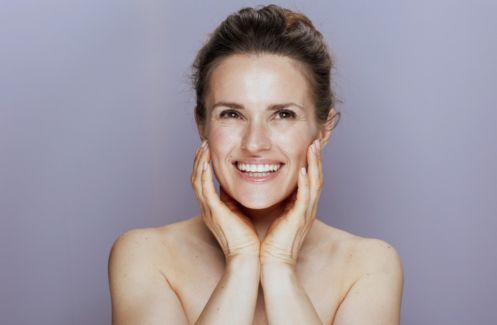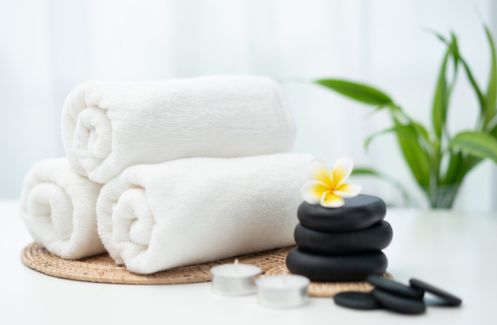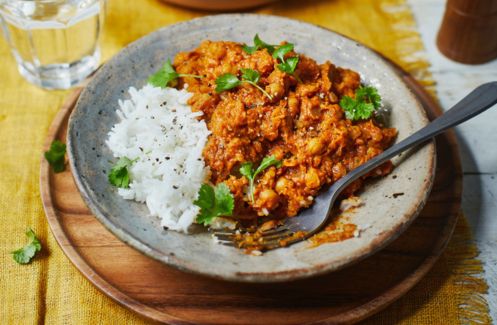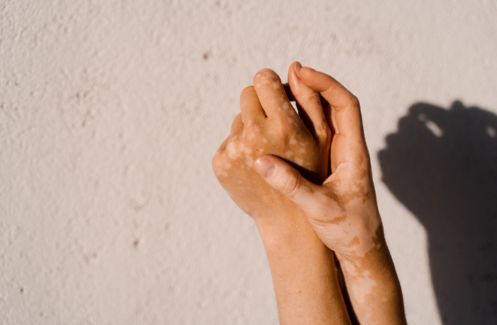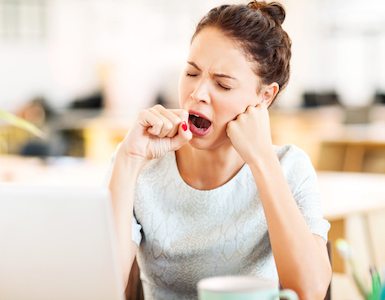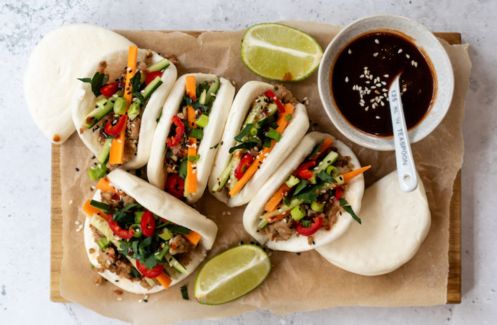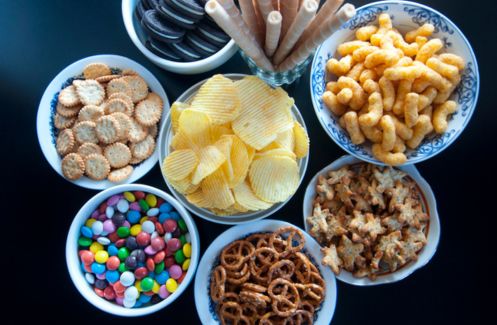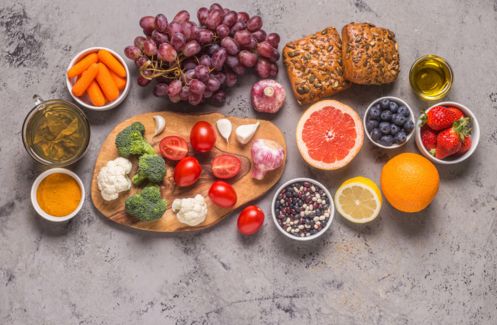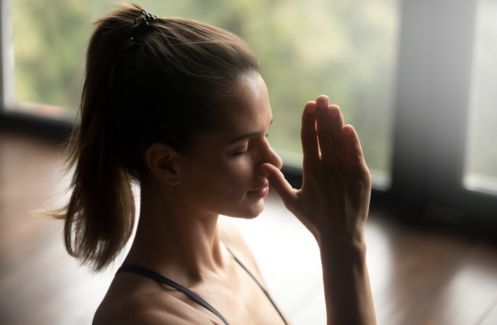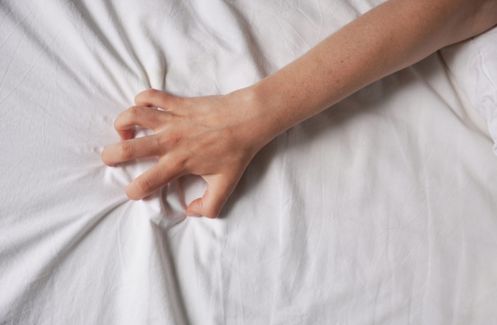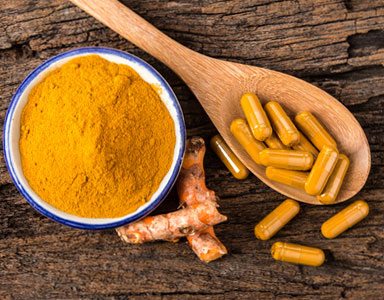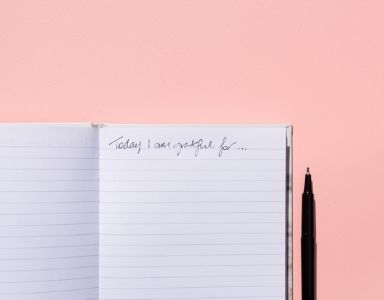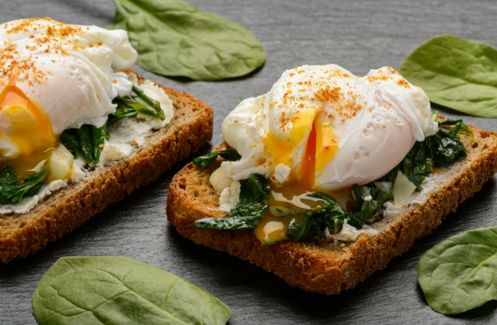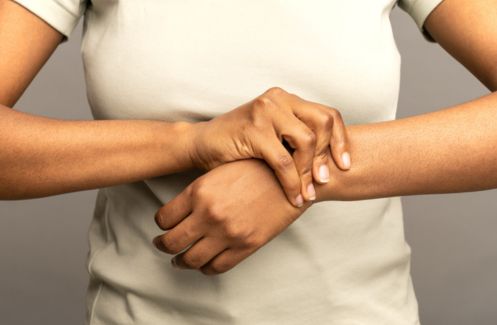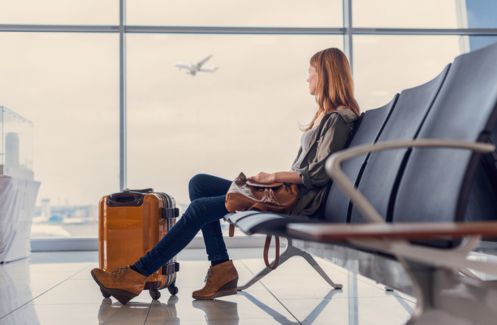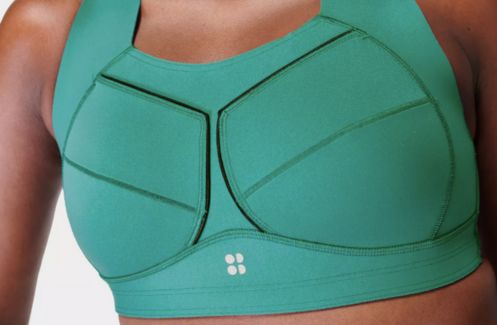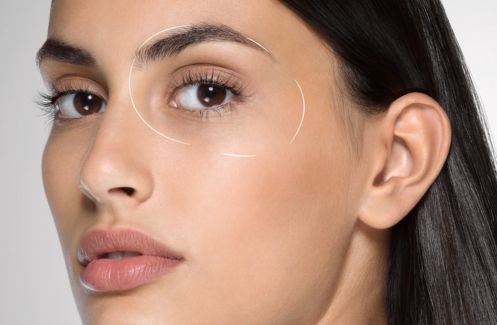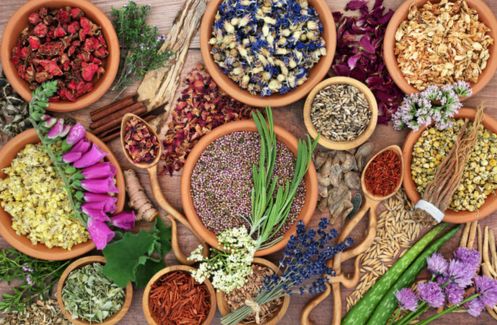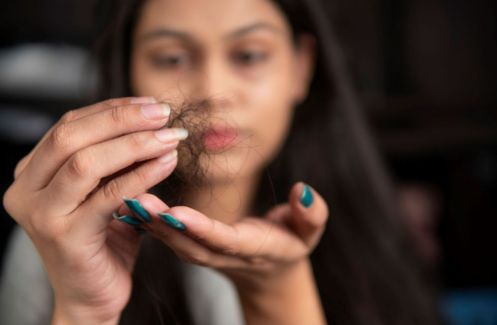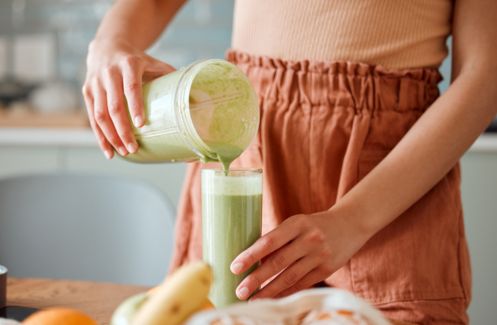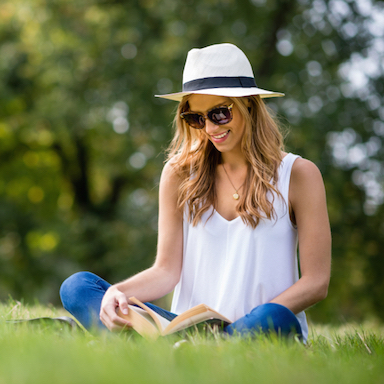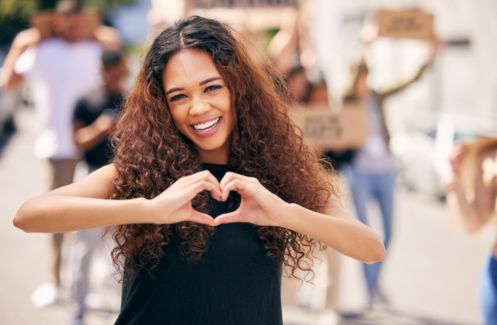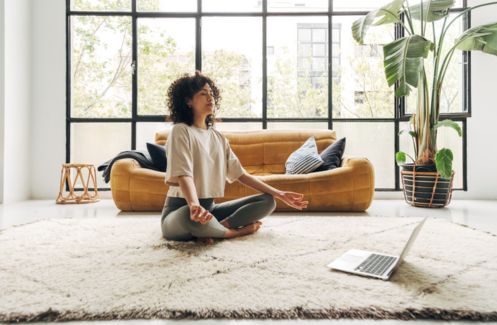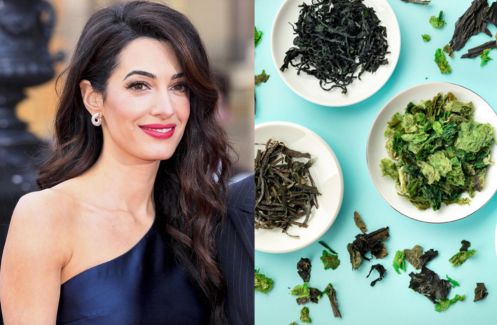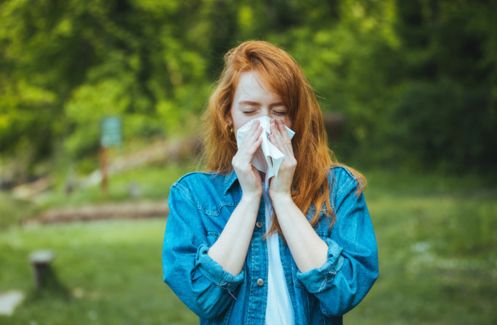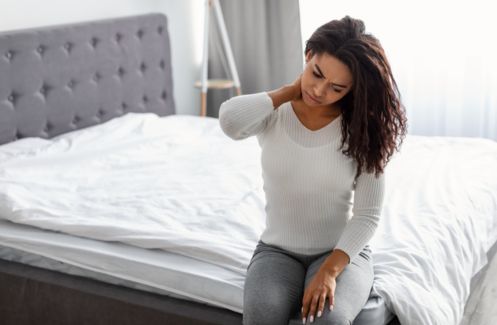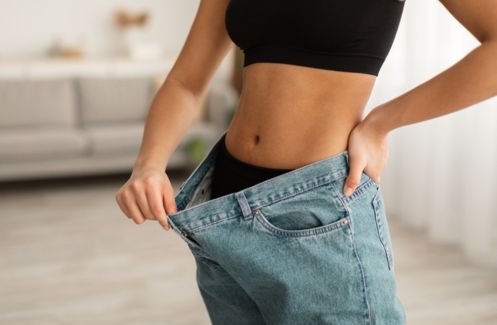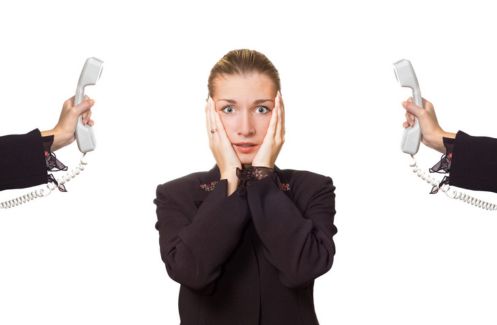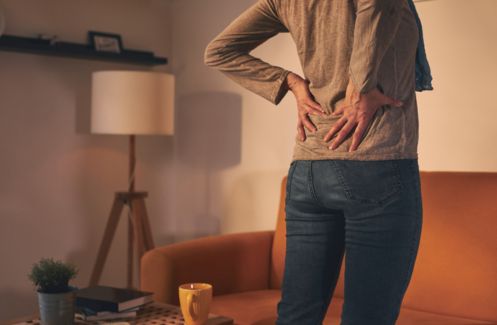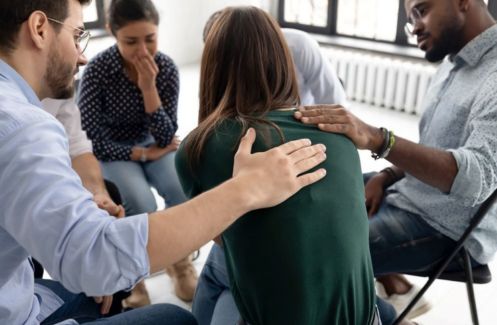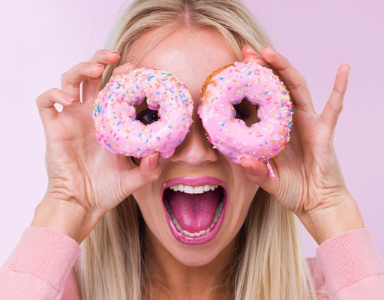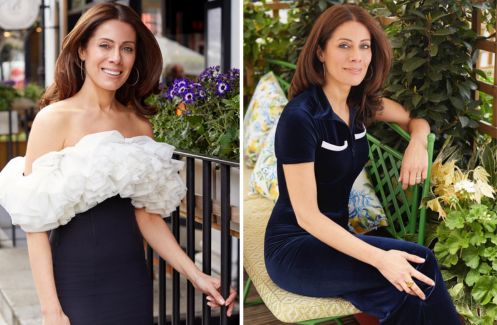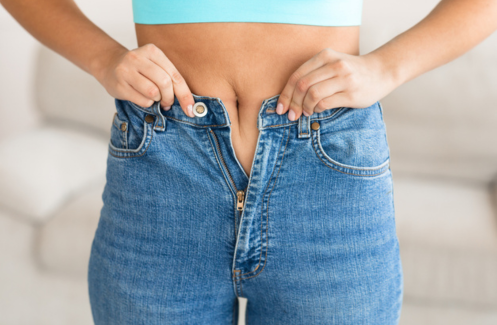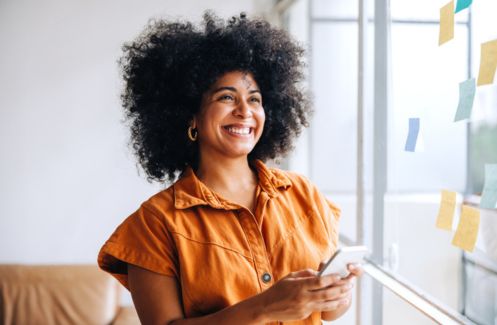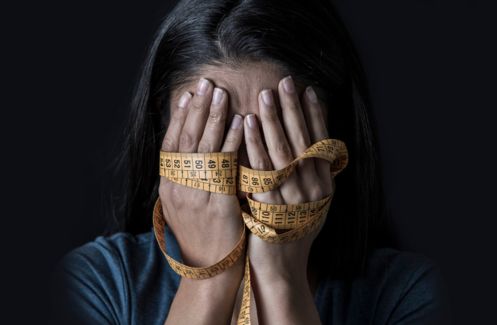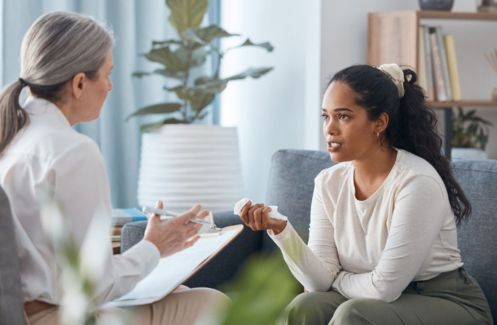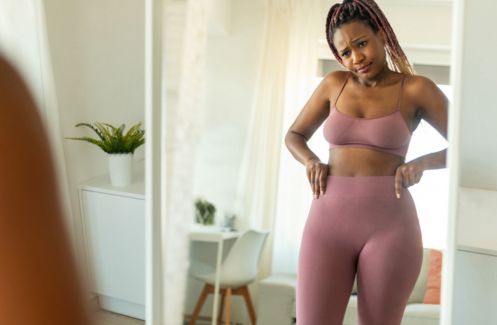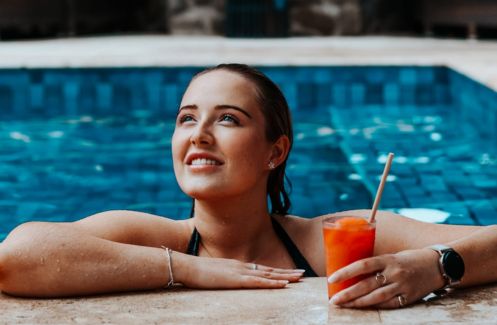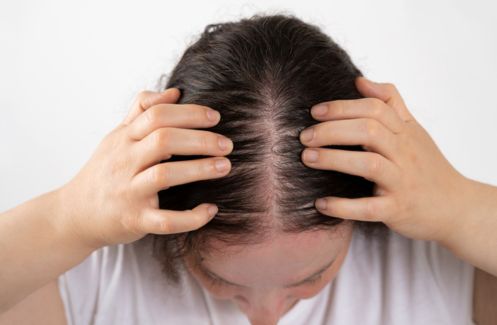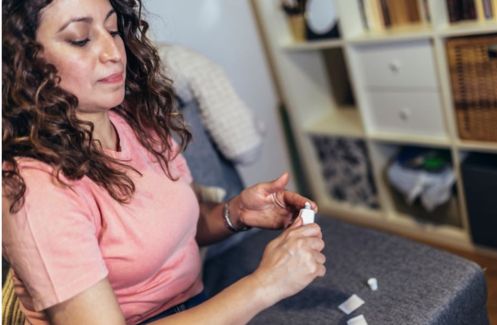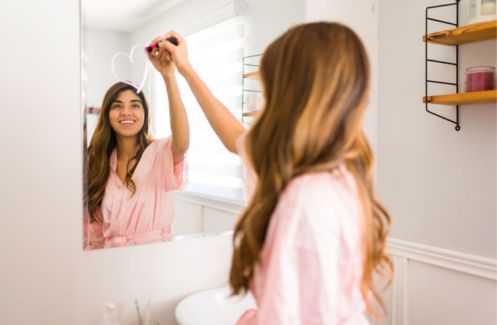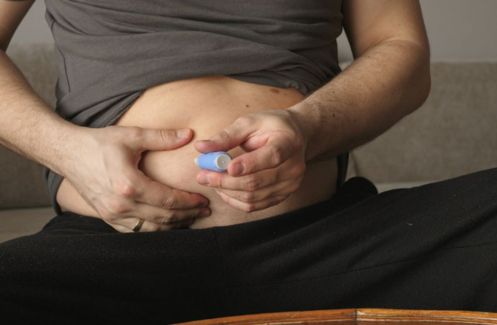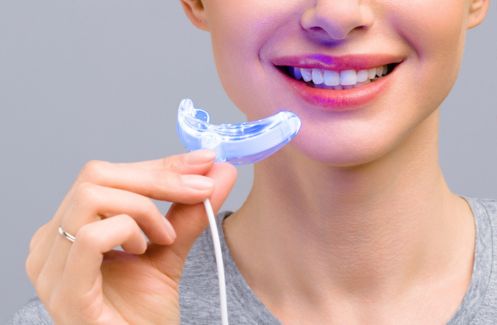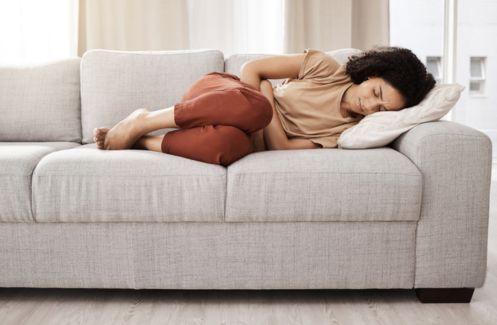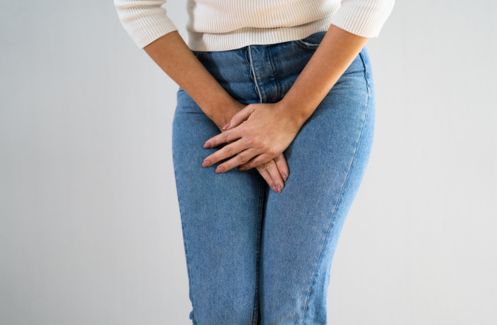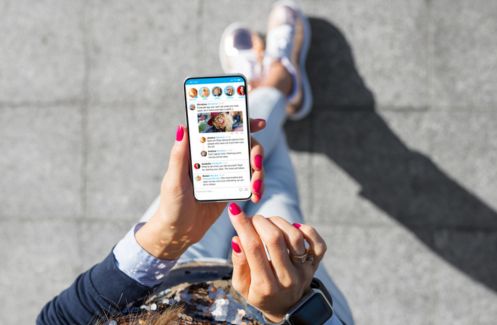Globally twice as many women as men suffer from anxiety. Healthista spoke to two women who have conquered theirs and a psychotherapist about how you can control yours
Speaking in front of a room of people, job hunting, or financial difficulty; these are common situations which can trigger anxiousness, a natural emotion of fear. The point at which it is taking over your life in episodes of insomnia, heart palpitations, or panic attacks is when the boundary between normal and a disorder is crossed.
The second most common mental health problem in Britain after depression, recent research from Cambridge University published in the journal Brain and Behaviour found that globally, women were twice as likely as men to suffer with anxiety. What’s more, anxiety in teenage girls in Britain has risen by ten percent in the last decade, research by the Department of Education found.
Our modern environment holds many anxiety-inducing components, says psychotherapist Diana Parkinson who believes our dependence on technology is leaving us disconnected with the real world and with eachother. She says: ‘There’s an anxiety and tension because people aren’t stopping. As long as we are connected to our electronic devices, we aren’t connecting with each other, and we are not resting.’
We aren’t connecting with each other, and we are not resting
With careers, families, and homes to take care of, Diana Parkinson points out the busy lifestyles women are leading, with little time to rest. She says, ‘Both men and women are now working, and often longer hours than they used to. There is always a generalised pressure in the background. If people have children, things are going on in the evenings and weekends, and it can feel as though you never get a break’.
Research published in the journal PLOS One, found that more symptoms of anxiety were being reported in the decade 1998-2008 but GP diagnoses fell, which scientists suggest could be due to a reluctance to use the label. In a fight back to the mildly immobilising problem, self-help therapies are increasingly being used. Anxiety disorder has been identified as one of the most common health problems treated with complementary and alternative medicine.
‘How we overcame anxiety’
Two women who know the meaning of anxiety are Charlotte Dormon and Alexandra Prince. Working in London and across the globe, juggling family and busy lives, a strategy to control their anxiety lead them to learn alternative methods. Here we ask them exactly what they have discovered.
‘Learn to say no and put yourself first’
Alexandra Prince, founder of I Want Her Light.
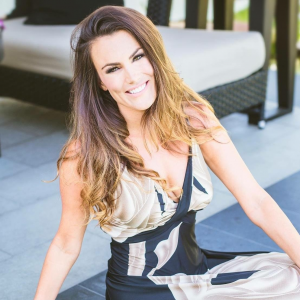
Do you remember the moment you realised you had anxiety and that you needed help?
I got to a point where I said ‘enough is enough’. I was tired of being tired, of feeling lost, and of feeling out of alignment, hating and doubting myself. You almost ask for a miracle which is beyond the realms of this world. I was just thinking ‘someone please help me’. It took two and a half years of anxiety and 10 years of depression until I began to find recovery.
What were your anxiety symptoms?
At its worst, I spent two weeks in bed after I had a nervous breakdown. I was putting on a mask, smiling on the outside. I was constantly trying to pretend I was okay. But inside I felt angry, overwhelmed and sad. I felt lost and broken, I couldn’t understand who I was anymore. I couldn’t understand why I had this consistent feeling of dissatisfaction. The worst thing you can do is lie to yourself.
How do you overcome your anxiety?
I really immersed myself in understanding the personal development world. I watched YouTube videos and personal growth teachers, such Dr Brené Brown and Dr John Demartini. Even Oprah. It was to understand how to live from a place of growth and contribution, as opposed to living in a state of pleasing others. It’s through following those who had gone before me who had managed to deal with their problems, and learning and re-educating myself.
You utilise what you’ve learnt from your past to move forward and discover a new way of thinking about it
For me it was hiring a life coach for nine months, who helped me to look forward and to offer solutions, rather than to continue going through my pain. We went back through the pain in my past, but we didn’t spend hours and hours focusing on it. I utilised what I’ve learnt to move forward and discover another way of thinking about it.
What have you learnt to avoid to help control your anxiety?
I think it’s so easy to go to the doctor and get antidepressants (which are commonly used to treat anxiety medically), but actually that’s just numbing and masking the problem. The only way to really overcome it, is to go deep inside and find those trigger points in your past, which can often go back to a childhood.
Fill your cup first and then serve others
What’s your advice to women suffering with anxiety?
Be spiritually selfish; be able to say no to people. A lot of people, in our current way of living, say yes all the time. We are all trying to do far too much because life has become too fast. My main advice to anybody is to be able to say no and to fill your cup first. Understand that by saying no to people, you are actually doing yourself and them a service, until you can come from a more energised place.
‘I’ve tried everything, but alcohol was the main trigger’
Charlotte Dormon, PR director and Healthista Eats Blogger
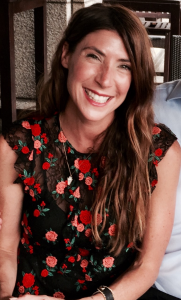
Do you remember the moment you realised you had anxiety and that you needed help?
I’ve had it on and off for years, and used to be on medication when I was a lot younger. But the biggest thing for me I noticed was alcohol. One Easter Sunday I woke up and I felt so anxious, I was shaking. I didn’t want to be around anyone, I had to change my plans. And it was because I’d been out drinking for two nights before. Although I’m really healthy, and only have a couple of glasses here and there, alcohol always triggers my anxiety. I would wake up and feel like someone was strangling me. And I suddenly realised ‘I don’t want this feeling anymore’.
What are your anxiety symptoms?
It feels like my chest is tight and I can’t breathe. I feel overwhelmed. I have a prickly feeling all over my body, like my nerves are on edge. I jump at everything, I get hot and claustrophobic, especially on the Tube. The biggest thing for me is I can’t speak to people. If I’m anxious on a Friday night I’ll just cancel everything for the weekend. Its as though anxiety paralyses me and I go into survival mode where my body just wants to survive through the day.
Its as though anxiety paralyses me
How do you overcome your anxiety?
I did a mindfulness course which really taught me to recognise when I’m getting anxious. I can now 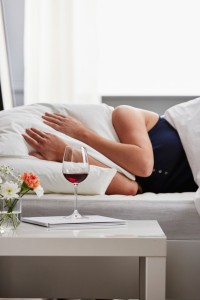
The adrenaline you get with exercise and working out really helps me get the anxiety out my system
I’ve learnt to do yoga, go to the gym and exercise, which is so important. The adrenaline you get with exercise and working out really helps me get the anxiety out my system. There is also a supplement that I swear by, called Pukka Ashwagandha, which helps you feel calmer, and really helps my body when its going through a period of stress.
What have you learnt to avoid to help control your anxiety?
I don’t drink coffee in the same way. I used to have 2-3 coffees on an empty stomach in the morning when I was rushing around doing 10 things at once. That was a big mistake. What I used to do was have a glass of wine when I was stressed. But giving up alcohol is what changed my life. It was REALLY hard to stop drinking as going out with with your friends does mean drinking a lot of the time, so I had to learn to adapt. I’ve done yoga, meditation, you name it. But alcohol and the effects it had on me was causing me to feel horrific.
Follow Charlotte on Instagram: @HealthyEatsLondon
7 drug free ways to beat anxiety
Psychotherapist Diana Parkinson has tips to help you get back on track
The human brain is not good at focusing on the positive
Focus on the positive – with the two box trick
The human brain is not good at focusing on the positive, but its important to train your brain to do this.
Get two boxes and some post-it notes: Box number 1 is the worry box. When you have a worry, write it down and put it in the worry box. As soon as you have a worry, you need to deal with it, so you can throw it away. The worry box will be empty or only have a couple of pieces of paper in. By being proactive, you are stopping the worries from building.
Box number 2 is the happy box. Put things in as simple as a cinema ticket, a scribble on a piece of paper of something good you did that day. Collect little bits and pieces so that the happy box is filling up with things. You are training your mind to think of the positive, and reflect on the good things.
Get rid of technology in the bedroom
When you go to bed at night, don’t take your mobile or tablet, and get rid of the TV. The bedroom is for resting, making love, and sleeping. If we are listening to the news on the radio or TV before bed, it is stirring up the mind before bed rather than winding it down. Instead, drink a milky drink, have a nice bath, or read a book.
If your phone is going off in the night, even whilst you’re sleeping, it is effecting the subconscious. Without knowing it is disrupting good quality sleep.
Switch off and spend time with people
Our happiness usually comes from connecting with others
Its important to physically connect with people. Sit at the table to eat with family rather than in front of the TV. Go out for the day to the beach, countryside, or just for lunch, but try going without your phone. Stop and enjoy the surroundings and company, as out happiness usually comes from connecting with others.
Exercise
The gym can still be a stressful environment, so get your good endorphins flowing with fresh air by taking a bike ride or a simple walk on your lunch break. Meditation and yoga are both good for breathing techniques to help you relax.
Build on your relationships
Our relationships often suffer when we have anxiety. See if there is a way you can get on with people you don’t get on with, such as colleagues. Don’t be so critical of yourself and others, and instead be kind. Don’t take on others emotions and believe they belong to us. If you feel yourself becoming anxious in someone’s presence, ask yourself if you felt that way before. Separate your feelings from others.
ANXIETY – THE FACTS
Anxiety is measured on a huge spectrum, ranging from physical to psychological symptoms, which are felt differently from person to person. The psychological symptoms are usually onset by persistent worry, uncertainty about the future, or the threat of something going wrong, which can trigger various sensations outlined by mental healthy charity Mind:
Physical symptoms:
- Pins and needles
- Sweating or hot flushes
- Needing the toilet more frequently
- Nausea
- Short of breath
- Panic attacks
Psychological symptoms:
- Not being able to concentrate
- Feeling your mind is busy with thoughts
- Feeling the world is speeding up or slowing down
- Feeling like other people are looking at you
These can take hold of people’s daily functioning and varying degrees, leading to all sorts of other related problems long term, such as eating disorders, a change in your sex drive or immune system, and difficulty maintaining relationships or a job. Anxiety sufferers are even at a higher risk of suicide.
If you’re feeling anxious talk to your GP, call the Mind helpline on 0300 123 3393
October 10th is World Mental Health Day
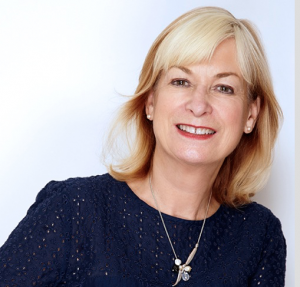
Like this article? Sign up to our newsletter to get more articles like this delivered straight to your inbox.



